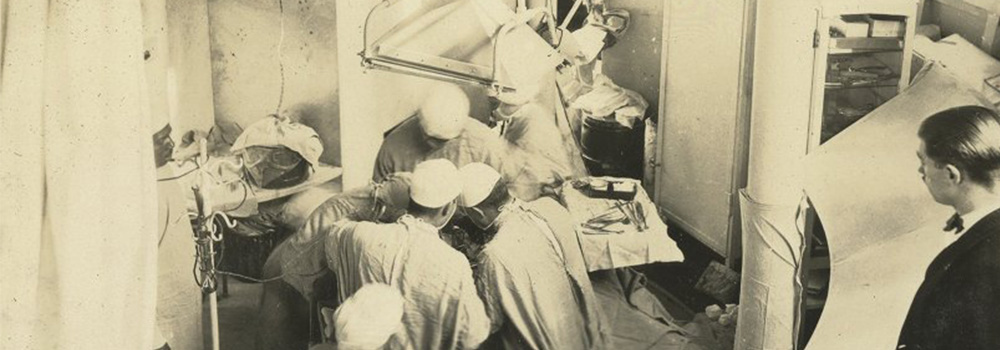
Neurosurgeons at Penn Medicine perform more than 8,000 operations each year at the following locations:
Neurosurgery was originally established as a division within the Department of Surgery in 1936, with Dr. Francis C. Grant as the first Charles Harrison Frazier Professor and Chairman. Full-department status was achieved in 1997.
Penn's clinical faculty has a particular subspecialty focus that covers the entire spectrum of surgically treated disorders of the nervous system. Given the enormous volume and intensity of exposure, patients benefit from that experience as well as the multidisciplinary approach to achieving the best possible outcomes.
As part of Penn Neurosciences center, neurosurgery cooperates and collaborates with multiple departments including neurology (medical treatment of nervous disorders including stroke, epilepsy, Parkinson's disease and others), otorhinolaryngology-head and neck surgery (cranial base tumors, hearing and balance problems), anesthesia (pain medicine) and psychiatry (depression, obsessive compulsive disorders). Advances in research are directly translated into patient care to provide the latest and safest approach for surgical treatment of nervous system disorders.
Penn Neurosurgery carries out an active research program led by basic scientists in brain, spine and nervous system diseases and disorders. Research ranges from laboratory bench efforts to understand basic mechanisms of injury, recovery and tumor formation in the brain to drug and device trials designed to improve treatment of brain trauma, tumors, stroke and aneurysms, as well as movement disorders.
- The Penn Center for Brain Injury and Repair is more than 30 years old and is recognized internationally.
- The Penn Center for Functional and Restorative Neurosurgery focuses on surgical trials for treatment of Parkinson's disease, depression and epilepsy.
- Clinical trials are coordinated through the clinical research division, staffed by nurse practitioners to help carry out more than 30 ongoing trials with funding in excess of $1 million per year.
Overall, the department now receives over $27 million annually in research funds, much of that from the National Institutes of Health (NIH).
Penn Neurosurgery is ranked one of the top departments of its kind in the nation and has received numerous awards for exceptional patient care and contributions in the field.